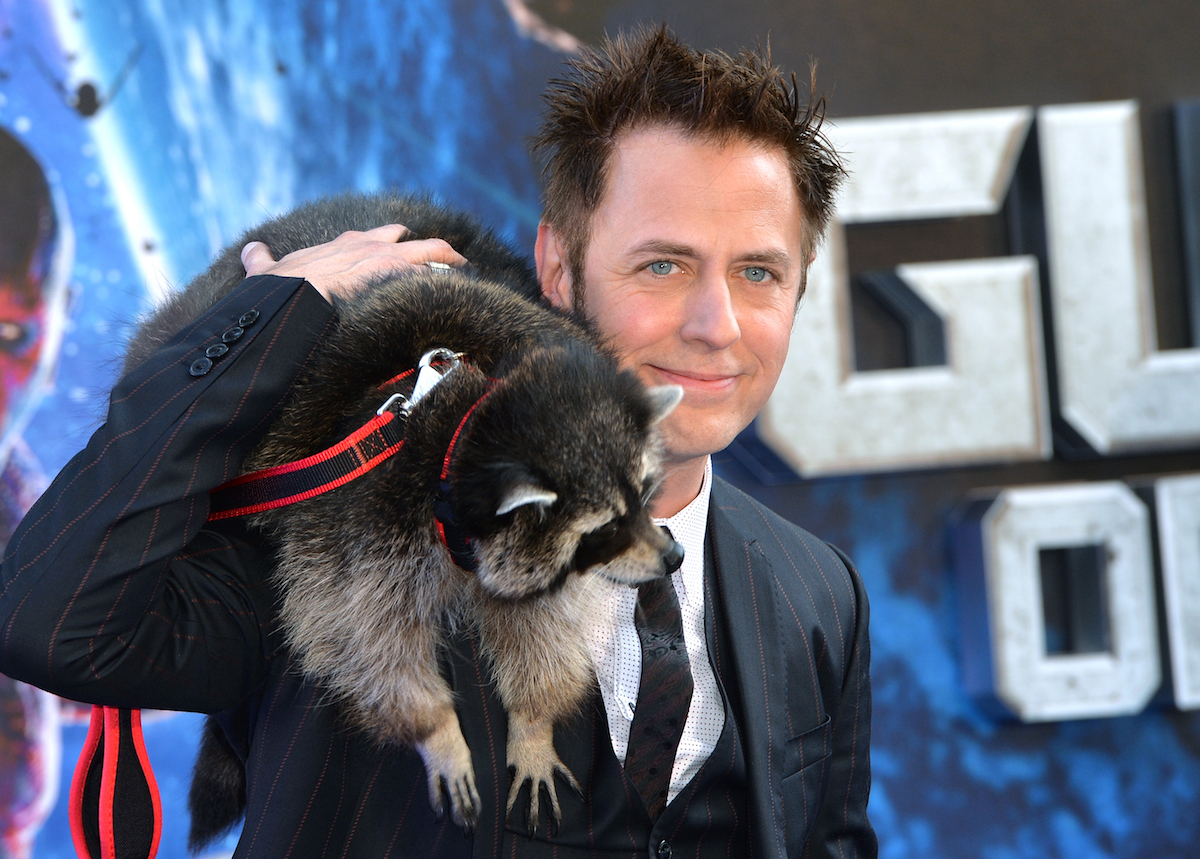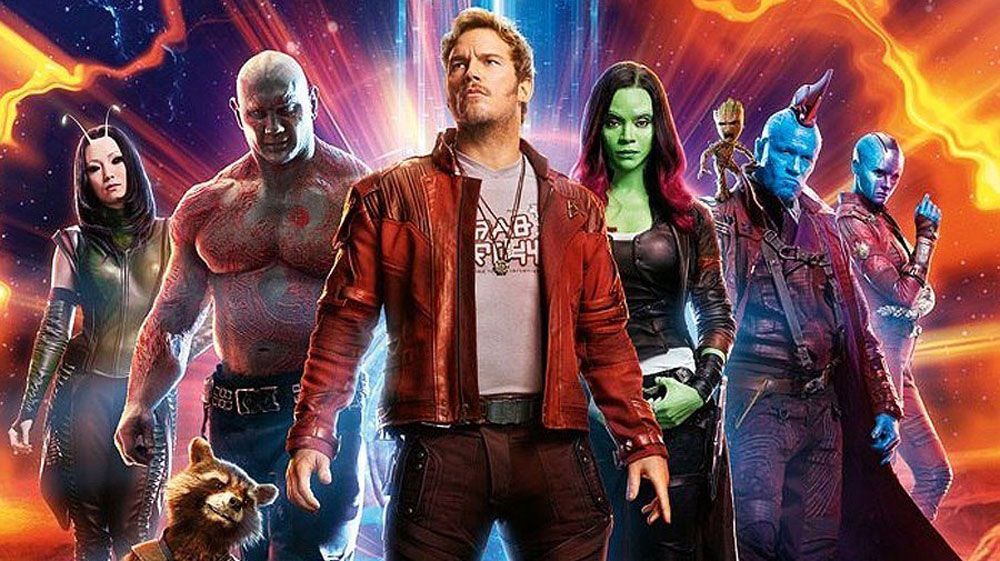The Suicide Squad Director James Gunn Has a Perfect Take on “Cancel Culture”


In an interview with The New York Times, Guardians of the Galaxy director James Gunn speaks candidly about his firing (and rehiring) at Marvel alongside discussion of his new DC movie The Suicide Squad, which comes out August 6th.
The Times, somewhat inevitably, asks Gunn what his take is on so-called “cancel culture,” and Gunn has a perfect response. It’s nicely measured—the sort of nuance on this subject we rarely see from any “side” of it.
In 2018, Gunn was targeted by right-wing conspiracy theorist Mike Cernovich—one of the foremost Pizzagate proponents—because Gunn was an outspoken critic on social media of Trump, his administration, and the GOP.
Cernovich resurfaced decade-old deleted tweets of Gunn’s, wherein the director, who fancied himself a comedic “provocateur” at the time, made crass jokes about topics like pedophilia. The jokes are in horrible taste, but it’s clear that they’re jokes, crafted long before Gunn was making family-friendly Marvel fare or Twitter was the source of news headlines every day.
But Cernovich got exactly what he wanted. Coverage and circulation of Gunn’s old tweets dominated Twitter and the media cycle, and before long, Gunn was fired from the third Guardians movie, a franchise he had co-written and directed. “The offensive attitudes and statements discovered on James’ Twitter feed are indefensible and inconsistent with our studio’s values,” Disney chairman Alan Horn said at the time. Guardians 3 went into indefinite hiatus.
It seemed a rushed decision and a reactionary measure taken to appease the baying masses, and it’s unclear if Disney brass even understood or cared that Gunn was specifically being targeted for his politics. Alt-right personalities rejoiced. The very people who often rail the loudest against “cancel culture” and make noise about “freedom of speech” had succeeded in effectively getting Gunn canceled from his own superhero franchise.
It also doesn’t appear to have been Marvel Studios’ doing at all. Gunn tells The Times that when Marvel Studios President Kevin Feige called to tell him he was fired, Feige was “in shock.” The spiraling experience of seeming to lose all he had built overnight was deeply upsetting for Gunn. “It was unbelievable,” he says. “And for a day, it seemed like everything was gone. Everything was gone. I was going to have to sell my house. I was never going to be able to work again. That’s what it felt like.”
Gunn, however, became a unique case in the annals of “cancel culture.” He’s a textbook example of steps one can take to do better in the face of snowballing controversy. He took full responsibility for his past content and wrote a lengthy apology that acknowledged and grappled with the insensitivity of what he’d written years ago. He did not belittle or denounce his detractors or their concerns. Fans and people who knew him rallied to support him publicly, including the Guardians cast in a passionate open letter.

And because Gunn had been “canceled” for absurd reasons drummed up as an alt-right hit, other studios proved more capable of recognizing the nuance of the situation and realizing they had an opportunity to make Disney’s bad decision their own gain.
Gunn was approached to direct several projects at major studios, ultimately settling on The Suicide Squad, a new spin on the villains-take-on-heroic-missions property whose first incarnation from director David Ayer, 2016’s Suicide Squad, was critically dragged over the coals. The irony of DC/Warner Bros. scooping up one of Marvel’s most lauded and profitable directors wasn’t lost. In 2019, realizing the error of their ways, Gunn was reinstated back on Guardians 3 at Marvel.
So if anyone might have the right to rail against pitchfork-wielding crowds that can change a person’s life, it would be James Gunn. But Gunn also understands that many who are “canceled” are actually “canceled” for good reason. There’s a big difference between people who get called out for sexual assault, harassment, and abusive behavior and lose their jobs or opportunities in the resulting outcry—and people like Gunn who experience a blowback because they did something in poor taste and social media has a react-first-ask-questions-later functionality that rewards divisiveness.
Gunn answers The Times’ query excellently:
The term wasn’t as prevalent at the time, but do you think you were a victim of what people now call “cancel culture”?
I understand people’s preoccupation with that term. But it’s such a bigger issue than that. Because cancel culture also is people like Harvey Weinstein, who should be canceled. People who have gotten canceled and then remain canceled — most of those people deserved that. The paparazzi are not just the people on the streets — they’re the people combing Twitter for any past sins. All of that sucks. It’s painful. But some of it is accountability. And that part of it is good. It’s just about finding that balance.
Recognizing that “part of it is good”—the times when truly bad actors get “canceled”—is an opinion you rarely see from someone who has experienced this outrage cycle. Gunn gets it right that quite a few “canceled” people deserve it and should remain so. As the case may be, even some of the worst rarely stay “canceled” once people have moved on. Gunn is a rare sort where he did not deserve his cancelation, weathered the fall-out with grace, and emerged more in-demand than ever from it.
Now, was Gunn, as a successful white man with an avid fanbase, offered the chance to rebound and work on high-profile projects after a situation that might have leveled other creators? It’s undeniable that he received chances that may have been denied to women and people of color in the aftermath of such controversy. But we also need men with Gunn’s level of privilege and platform to push back against divisive concepts like “cancel culture” which are too often used as scaremongering tactics. Gunn, a man who was once “canceled,” makes it clear that there are much bigger issues at stake.
Accountability matters, and there are people who have done horrific things who must be held accountable. There are others who are the victims of misunderstandings or targeted campaigns. There are still others who have said or written things that seem beyond the pale, but context matters, as does the way in which someone responds to being in the spotlight for their behavior.
Almost every public “cancelation” is a very different beast. These situations are not the same and should not be lumped under a single phrase. What we need, as James Gunn points out, is to find a better balance going forward.
(via The New York Times, images: Getty Images, Marvel Studios)
Want more stories like this? Become a subscriber and support the site!
—The Mary Sue has a strict comment policy that forbids, but is not limited to, personal insults toward anyone, hate speech, and trolling.—
Have a tip we should know? [email protected]
